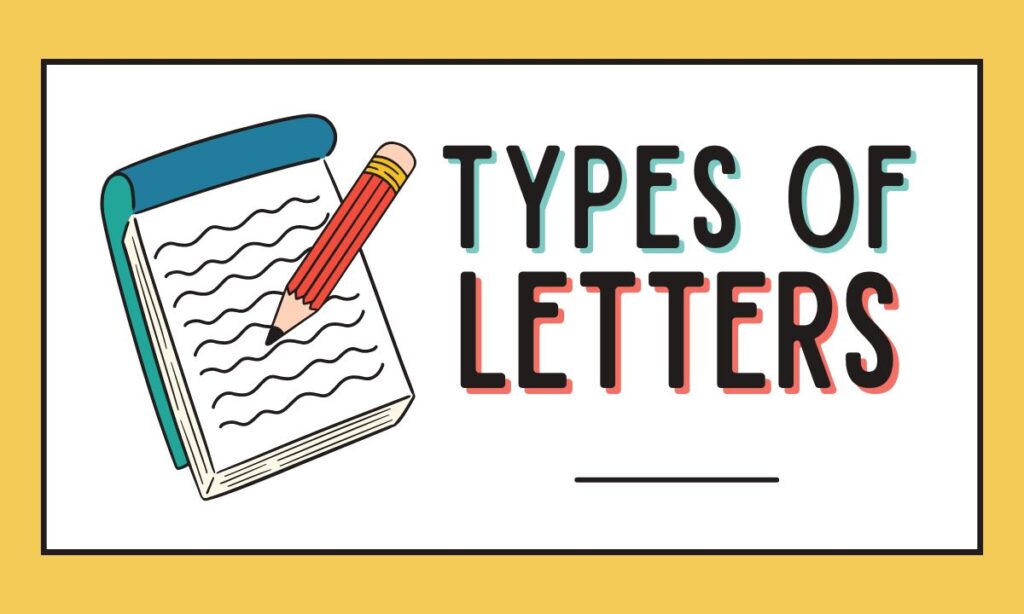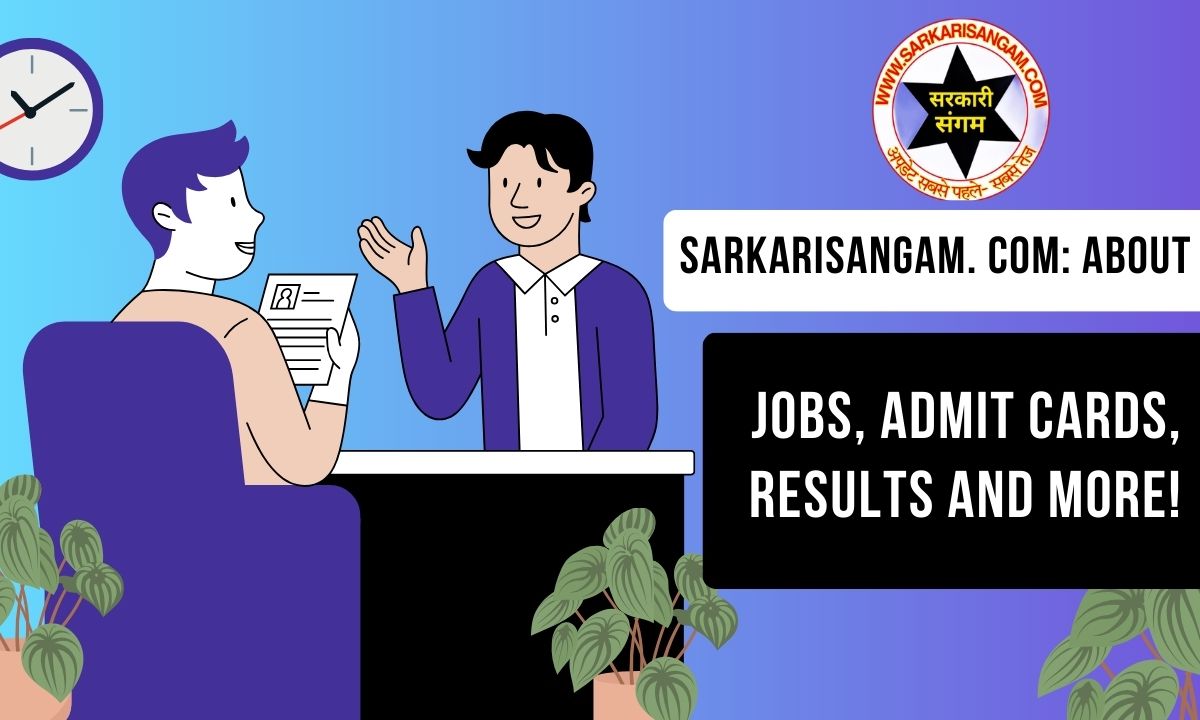Letter writing has always been part of those timeless arts and still up to date in matters of personal, academic, and professional life. You will learn how to answer letter writing questions or when and how to respond to write a formal letter to the business corporation or an internal heartfelt note to a friend. Therefore, listing everything you need to know about letter writing which encompasses common questions, tips, and examples are essential in perfecting your letter.
What is Letter Writing?
Letter writing is the expression of communication from a sender to one or more recipients. Though one could invent technology and was able to have even faster means of reaching out, such as through email. Letters are very important in formal and personal communication. Surely, the intention to convey is known very well, arranged in a sequence of planning and follows a form of etiquette or formality based on the letter.
Types of Letters

Understanding the different types of letters is essential in addressing any letter writing questions. Here are some common categories:
- Formal Letters: Formal letters are used in professional or official communication. They follow a proper format and a well structured method as per the situation. Some common examples are:
- Business Letters (job applications, complaints, inquiries)
- Official Letters (to authorities, institutions, or organizations)
- Letters of Recommendation
- Informal Letters: Informal letters are personal in nature, often written to friends, family, or close acquaintances. These letters have a conversational tone and do not necessarily follow strict formats.
- Semi-Formal Letters: Semi-formal letters lie between formal and informal letters, often used in professional but non-business-related contexts, like invitations or thank-you notes to colleagues.
Common Letter Writing Questions
When it comes to letter writing questions, whether you’re preparing for an exam or trying to improve your communication, the following questions are asked frequently:
- What is the purpose of your letter?
- How should I start my letter?
- What details should I include?
- What is the ideal length of a letter?
- How should I close my letter?
Popular Letter Writing Questions for Classes 6-10
For students in classes 6-10, mastering letter writing is essential for both academic performance and personal communication. Here are some popular letter writing questions that can help students practice their skills:
- Write a letter to your principal requesting permission for a school trip.
- Write a letter to a friend inviting them to your birthday party.
- Write a Letter To Your Brother Congratulating Him on His Success.
- Compose a letter to a newspaper editor regarding an issue in your community.
- Write a Letter to Your Father Requesting Him to Send You Some Money to Buy Books.
- Write a letter to a family member sharing your recent achievements in school.
- Draft a letter to a company regarding a faulty product.
- Write a Letter to the Police Inspector Complaining About Theft in Your Area.
- Write a letter to your teacher thanking them for their support in a recent project.
- Write a Letter to Your Father Asking Permission for a School Trip.
- Compose a letter to your local MP about an environmental concern.
- Write a Letter to Your Friend Apologizing for not Attending His Birthday Party.
- Write a letter to a friend who is feeling down, offering support and encouragement.
- Write a letter to your friend inviting him her to your birthday party.
- Write a letter to your younger brother advising him to avoid bad company.
How to Structure a Letter

To write an effective letter, follow these structural guidelines:
- Header: For formal letters, this includes your address and the date. The recipient’s address should follow. In informal letters, only the date is necessary.
- Salutation: The salutation is the greeting part of the letter. It sets the tone and should reflect the relationship between the sender and recipient.
- Formal: “Dear Sir/Madam”
- Informal: “Hi [Name]”
- Body: The body of the letter is the most crucial part. Break it into paragraphs for clarity:
- Introduction: State the purpose of the letter.
- Main Content: Provide supporting details or context.
- Conclusion: Restate the purpose or call to action.
- Closing and Signature: Choose an appropriate closing line and follow it with your signature.
Tips for Writing Effective Letters
Most delicate, elegant, and concise diction is required to write letters. Here are a few secrets that will make your letters memorable
- Simple and concise: Avoid putting in unnecessary details and make your language very direct.
- Similar Tone: The tone should match the receiver or be formal, semi-formal, or informal.
- Spelling and grammatical punctuation: Grammar mistakes can downgrade the effectiveness of your letter.
- Handwritten letter to your needs: Write a personalized letter to every situation or person.
- Polite and professional: Therefore, even complaints should be written with respect.
Formal vs. Informal Letter Writing
| Formal Letter | Informal Letter |
| Use professional language. | Conversational and casual language. |
| Follow a strict structure (header, address, date, salutation, body, closing). | Flexible structure, often only including the body, salutation, and closing. |
| Avoid contractions and casual language. | Use contractions and even abbreviations if the recipient is familiar. |
| Examples: job applications, letters to the editor, formal requests. | Examples: personal letters, letters to friends, thank-you notes. |
Common Mistakes in Letter Writing
Even experienced writers can make mistakes. Avoid these pitfalls to ensure your letters are impactful:
- Formal tone: In informal letters Maintain your vocabulary according to the readers.
- Lack of Purpose: The letter should be written for the right purpose.
- Proofreading absent: spelling, grammar, format should be accurate.
- Too Vague: Explain enough so that the recipient can understand your message.
How to Answer Letter Writing Questions in Exams
Letter writing questions seem to come around very frequently in the exams. Such a question asks the student to write either a formal or informal letter depending upon the circumstances. Here’s how to write a letter:
- Read instructions: Develop the tone, audience, and a purpose for the letter.
- Identify Relevant Information: Obtain the required information (names, dates, or a specific request for information) from the question prompt.
- 3. Skeletonize Your Letter: Write an outline even before your letter is complete.
- Correct format: Your letter should be in the correct format, i.e., address, greeting, main body, closing.
- Pay attention to the word length: Do not use too many words to save marks on wordiness.
Conclusion
This is one of the skills that are not only important in school but also useful in daily life. Learning about the structure, tone and purpose of different letters will help you get your message through with utmost clarity and make a good impression. Whatever the case may be-posting replies about writing letters in class, preparing for tests or writing professionally-there is much importance to knowing the details of formal, informal and semi-formal letters.
It has covered the basic principles of letter writing questions, and tips so that you might become better. The more you keep practicing, adjust each letter for your readers, and soon you’ll be good at this skill. As you follow through with these tips, you will not only get better but also feel more confident in different letter-writing situations.
If you do it right, your letters will grow strong, and your writing will be at the top when people go looking for letter writing advice.
Also Read About: GU iCloud: All Guide of Cloud-based Management



